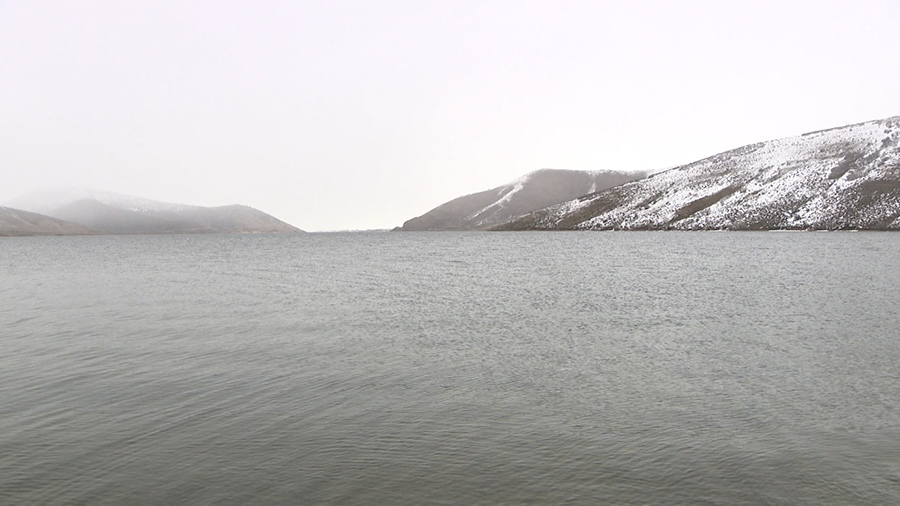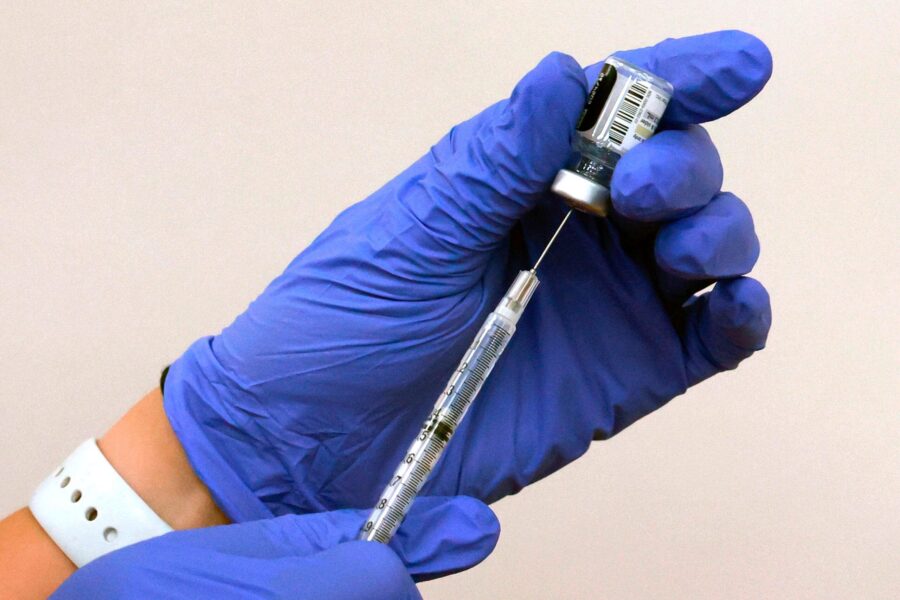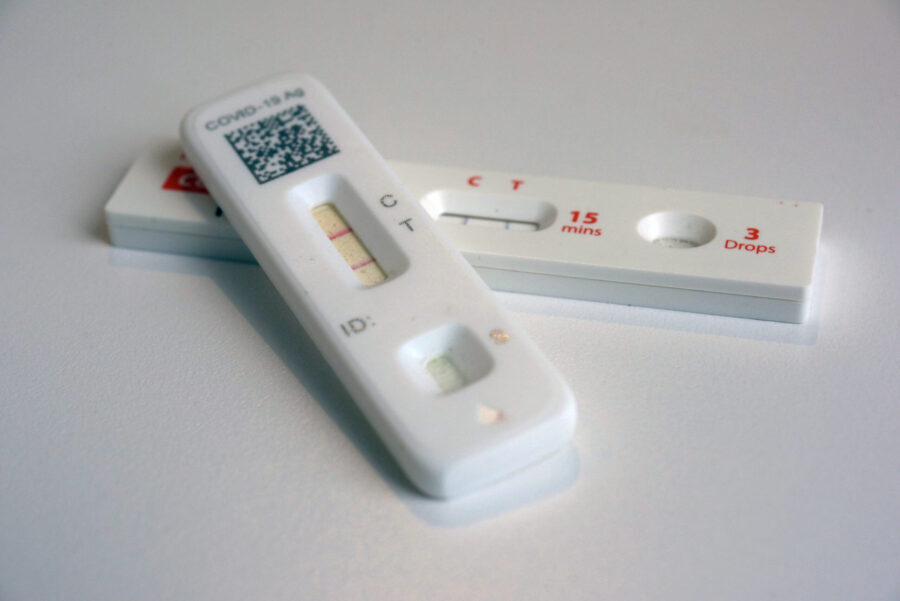What We Know And Don’t Know About The Coronavirus
Mar 6, 2020, 6:41 AM | Updated: 12:17 pm
SALT LAKE CITY, Utah – There’s a lot of misinformation going around about the coronavirus.
With so many voices sounding in our ears and through our screens, how do we separate facts from fiction? How do we move from panic to preparation?
KSL TV brought in the state’s leaders on the frontlines in the fight against COVID-19.
Here’s some of what we know and what we don’t know about the coronavirus.
What we know
“What we’re preparing for is that sustained widespread community transmission,” said state epidemiologist Dr. Angela Dunn. She said at this point we know the virus spreads person to person, but exactly how is still up in the air.
“Right now, it looks like it’s spread by droplets,” she said. “That means when you sneeze or cough, those droplets get on someone else and potentially infect them if they get into your eyes, noise or mouth.”
“It could be spread airborne just by breathing,” she added, “and that’s the scary prospect.”
We also know most COVID-19 cases are mild, and that can make it more difficult to track infections.
Dunn said the cases and fatality rates are “an inflated number.”
“We’re not detecting everybody who actually has it because it is mostly a mild disease,” she said.
But is the government covering up the actual number of cases, as many have alleged online?
“That is not the way our public health system works in the U.S,” Dunn said. “It is very much local-driven. It’s the states and local communities that are identifying cases and giving that information to the federal government.”
Dunn also wanted to make it clear that, contrary to what some might believe, “the disease is not based on ethnicity or nationality. It’s not about ostracizing certain groups of people. That’s not going to help the disease at all and help the epidemic stop.”
What we don’t know
Unlike the flu, health officials aren’t yet able to predict what the coronavirus will do, when it might peak or whether it will slow down in warmer weather like other viruses.
“We don’t know that, so we don’t know how quickly it’s going to spread in the U.S.,” Dunn said. “Typically, these viruses do decrease in their ability to infect others during warmer temperatures, so if that’s the case for this we are looking forward to the summer season.”
However, Dunn said that doesn’t mean it won’t make a comeback in the winter.
“This could become a recurring virus,” she said.
How to prepare
So how should we prepare for a virus outbreak in Utah? Should residents some extra food and toilet paper on hand? Sure. But what about the water that’s been flying off the shelves?
“There is no scenario in this type of pandemic where our water supply would be impacted in any way,” said Lt. Gov. Spencer Cox, who was recently appointed to lead the state’s coronavirus task force.
And what about the coveted mask that some people believe they won’t survive without?
“That is just not true,” Dunn said. “If you are a healthy individual, a surgical mask is not going to protect you from getting sick. Those are meant to protect those who are coughing and sneezing from spreading their germs to other people.”
What if you do get sick or think you may have the virus? What do you do then?
“If you don’t need emergency medical care, stay home and call your clinician,” Dunn said, stressing the importance of not showing up to an emergency room and overwhelming the state’s healthcare providers.
When it comes to quarantine, Eric Olsen at the Utah Labor Commission said it’s important to know your employer’s policy on leave.
“So, if someone has to take quarantine time, and they’re fired for that, it would not necessarily be seen as a discriminatory act provided that the policy is equally and equitably applied to everyone,” he said.
The leaders who are at the forefront of preparing the state said they are working to get the public the answers they need. And KSL is committed to bringing those facts from the right sources to the public so they can make informed decisions to keep themselves and their families safe.
Coronavirus Resources
If you’re worried about whether you may have COVID-19, you can contact the Utah Coronavirus Information Line at 1-800-456-7707 to speak to trained healthcare professional.
Have you or a family member been affected by coronavirus issues in Utah? KSL wants to hear from you. Contact KSL by emailing social@ksl.com.
What is COVID-19? Here’s What You Need To Know To Stay Healthy: ksltv.com/432037/what-is-covid-19/
Latest coronavirus stories from KSL can be found at ksltv.com/coronavirus/.
Where in the world has the coronavirus already appeared? See the map: ksltv.com/?p=432035
Your Life Your Health: How can parents prepare their home, children against coronavirus: ksltv.com/?p=432060
How do I prevent it?
The CDC has some simple recommendations, most of which are the same for preventing other respiratory illnesses or the flu:
- Avoid close contact with people who may be sick
- Avoid touching your face
- Stay home when you are sick
- Cover your cough or sneeze with a tissue and then throw the tissue in the trash
- Wash your hands often with soap and water for at least 20 seconds, especially after going to the bathroom, before eating, and after blowing your nose, coughing or sneezing. Always wash your hands with soap and water if your hands are visibly dirty.
- If soap and water is not readily available, use an alcohol-based hand sanitizer with at least 60% alcohol.
The CDC does not recommend wearing a face mask respirator to protect yourself from coronavirus unless a healthcare professional recommends it.











